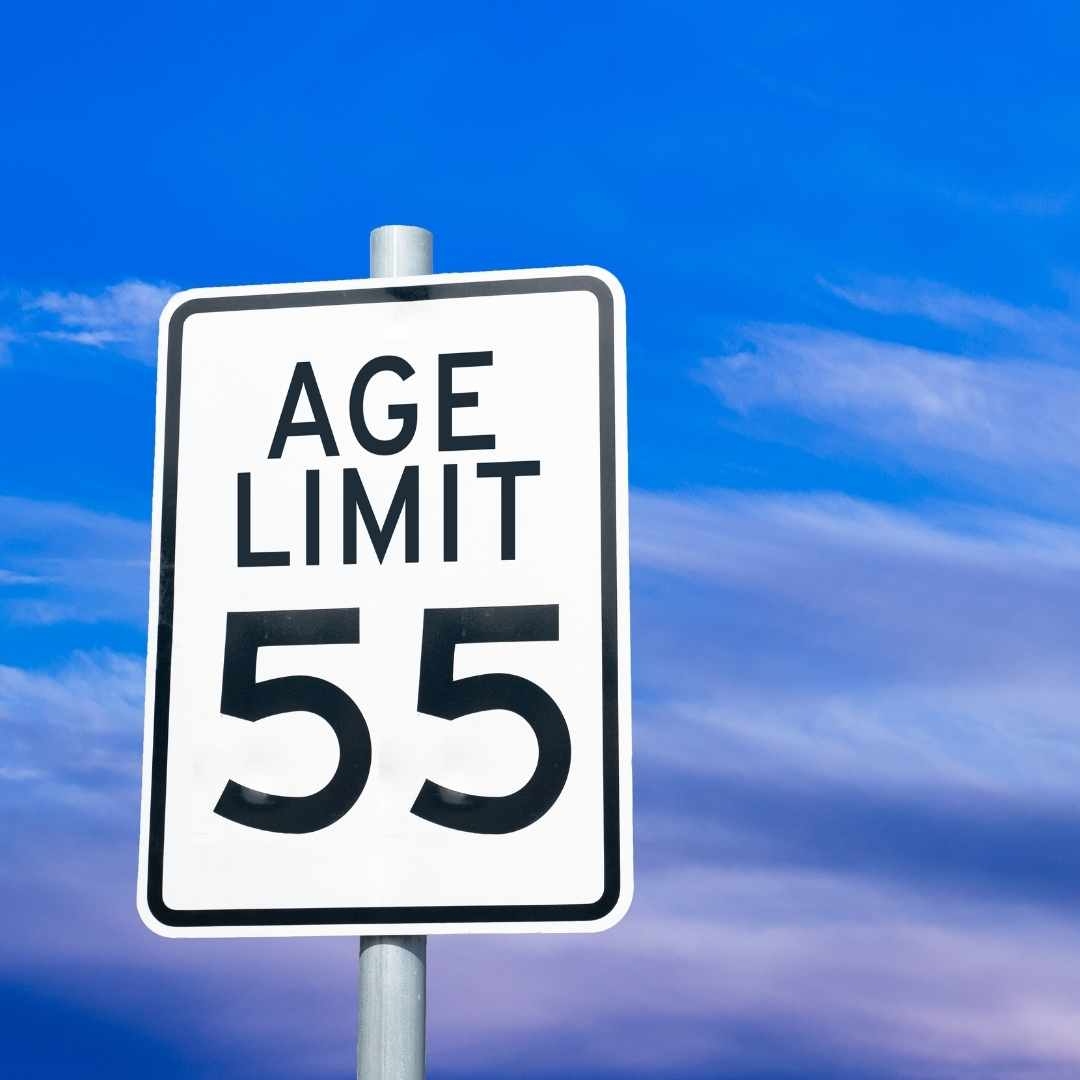Do Young People Look For Jobs Differently?
Age bias is difficult to substantiate but certainly alive and well and felt by many older individuals searching for jobs.
Our data indicates that young people typically have more success with online applications and more of them are likely to turn to them when looking for a job. 71.15% of young people looking into entry-level jobs said that they would apply on the company website and 48.08% of them said they would apply via a job board. In contrast, 57.83% of people over 46 said they would apply directly on a company website and 34% said they’d look to a job board.
In addition to this- young entry-level applicants tend to be happier with the job recommendations that job boards present to them than older applicants. 55.57% of entry-level respondents said that the recommendations they receive from job boards match their needs some of the time, and 11.11% of them said that they felt the job board got it right most of the time with recommendations. While these numbers may seem slim- survey respondents over 46 had even more dramatic results. 40% said the job board recommendations match their needs some of the time, and just 7.5% felt that the job boards got it right most of the time.
It is clear that young people navigate the labor market differently than their older co-workers, and there are many plausible explanations for this. Online job boards might be more suitable for younger applicants that are applying to entry-level jobs as the criteria, requirements, and job functions are broader and more plentiful. Studies done by the International Labor Organization have also shown that young people tend to work on short-term contracts, thus pushing the need to look for jobs more frequently (and to know how). The ILO also found that young people are often pushed into more informal and temporary routes of employment, including part-time or freelance work that could be easily sourced online. However, older applicants seeking out more niche senior-level positions do not seem to find the content or support they need online. As one older applicant said- “It appears networking is the only way a person my age can get a job.” Older individuals typically have broader professional networks that might be more fruitful avenues to searching for a job than searching online.
One of the biggest concerns the professionals we interviewed brought up was ageism within the job search. Many resented needing to include the year they graduated high school or college on their resumés- often worrying that they would be counted out before they were given a strong chance. Older applicants feared facing concerns about how much longer they would be in the workforce and whether or not they were truly “committed” to the job. One survey respondent noted, “Job hunting is a soul-sucking process. Age, race and gender biases are so real. And I have all against me as an African American female over 40 looking for a job with a flexible schedule. That is literally like finding a needle in a haystack and it is frustrating.” Older women struggled especially- facing concerns that they didn’t have the stamina or the knowledge to keep up in a modern workforce. Studies have shown that older people struggle to get responses in the job search process. In fact, in December of 2017, many companies (including Verizon, Amazon, Goldman Sachs, Target, and more) were found to have blocked out older age groups in their Facebook recruiting ads. This raised many concerns about the legality of blatant discrimination in targeting.
Age bias is difficult to substantiate but certainly alive and well and felt by many older individuals searching for jobs. The job search process- particularly the online job search process, tends to favor younger candidates looking for temporary, low-paying work, and it isn’t always conducive to helping older and more experienced candidates find their next career step. Have you ever experienced ageism in the workplace or while looking for jobs? Tell us about your experiences here!
Looking for more job search advice? You’re in the right place! Read more here.
Privacy Policy Terms Of Use




